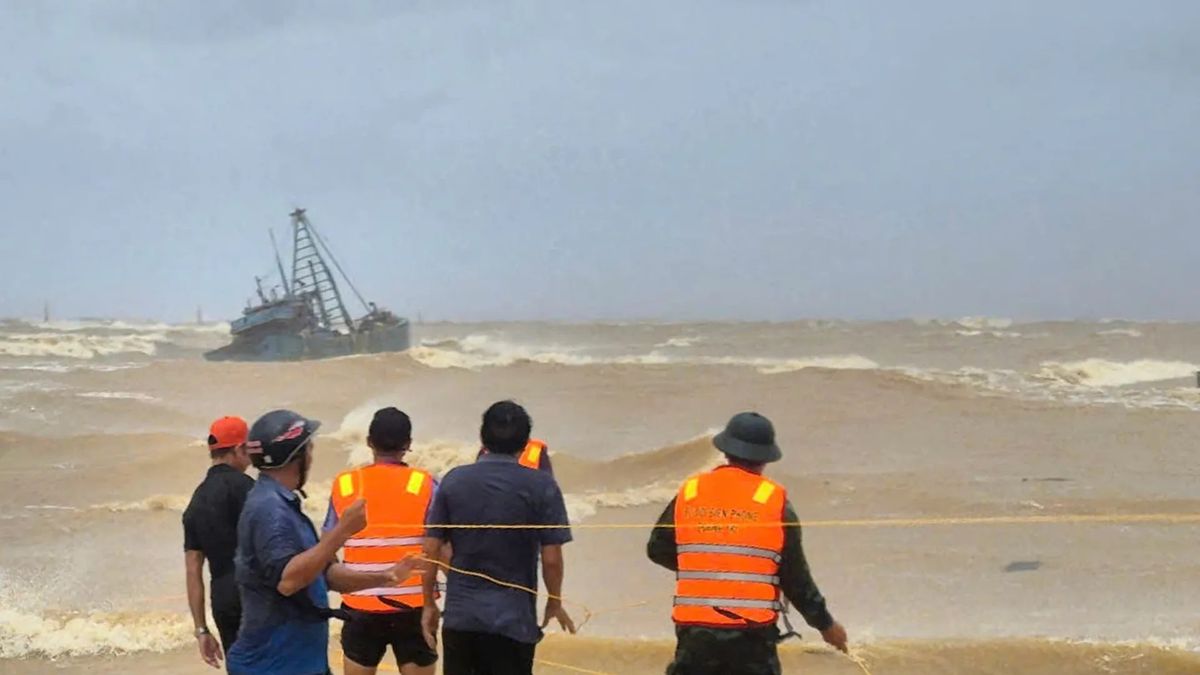At the same time, however, it fell well short of the goal of an absolute majority. According to forecasts by the public broadcaster CBC, the ruling party won around 158 of the 338 seats in the vote on Monday, leaving the Conservatives of opponent Erin O’Toole behind with around 119 seats.
This hardly changes anything compared to the 2019 elections – 170 seats would have been necessary for an absolute majority. Trudeau will therefore also have to rely on the help of other parties in the future. The regional party from Quebec came in the prognoses to 34, the center-left party of the New Democrats (NDP) came in the prognoses to about 25 seats and the Greens probably got two seats.
Congratulations from Charles Michel
EU Council President Charles Michel congratulated Trudeau on his re-election. “In these times we need solid friendships to support multilateral solutions and to build on our strong cooperation and shared values,” wrote Michel on Twitter.
The 49-year-old Trudeau had called the early vote a few weeks ago with the hope of an absolute majority, among other things due to the relatively successful Corona policy of his government. His calculation didn’t work out.
Criticism of early choice
The polls were recently tighter than the Liberals would have liked. The top candidates of the other parties and many Canadians had accused them of reaching for an absolute majority despite a fourth wave of the pandemic and a relatively stable minority government – wasting time in the fight against Covid-19 and potentially endangering the health of voters.
In his speech, Trudeau responded to his skeptics: “I heard you. You no longer want us to talk about politics or elections. You want us to concentrate on work”. The prime minister named ending the pandemic, the fight against the climate crisis and better childcare services as priorities. “Our team, our government is ready,” said Trudeau.
Meanwhile, the conservative top candidate O’Toole sharply criticized Trudeau in his speech. The prime minister had hoped for a quick grip on power. “The Canadians have rejected him with another minority government at a cost of $ 600 million and deeper divisions in our great country.” The rifts in society should not be deepened for selfish reasons. He accused Trudeau of seeking an early election again within 18 months.
In general, the electoral system in Canada benefits the Liberals more – in all likelihood, the Conservatives again received more votes than the Trudeau party on Monday, but are clearly behind in the parliamentary seats. The seats in the 338 constituencies are distributed according to the principle of absolute majority.
Only a few dozen contested districts are decisive, especially in the suburbs of the cities of Toronto, Montreal and Vancouver – somewhat comparable to the “swing states” in the USA. Trudeau has ruled the North American country with almost 38 million residents since 2015 – from 2019 he led the country with only a minority of the seats in parliament in the capital Ottawa.
Traditionally there are no coalitions in Canada, but either absolute majorities or minority governments with an average half-life of two years. The last federal vote in autumn 2019 brought the Liberals 157 seats, while the Conservatives won 121. Historically, the Liberals have been the most frequent governments in politically moderate Canada. In addition to the climate crisis, domestic political issues such as the rising cost of living and health care dominated this election campaign.
Trudeau has developed a credibility problem among parts of the Canadian population, according to experts and pollsters, despite some political successes. This has to do with big but not always kept promises and several scandals. Trudeau’s star appeal, which won the 2015 election against the conservative Stephen Harper by pledging a new, transparent and modern style of leadership, has worn off after six years as prime minister.




